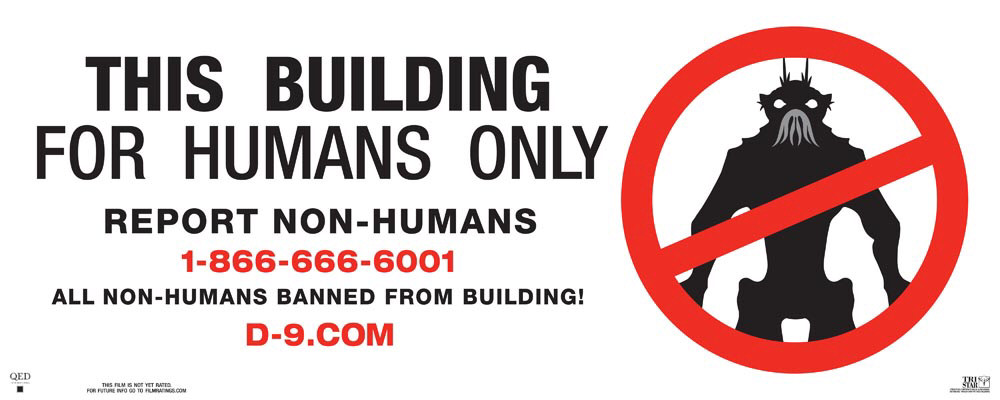
Through a discussion club I run at school I got to thinking about the coincidence of two recent major news threads: immigration and space travel. I know, never a dull day in teaching.
In the back of my mind were good friends in a sea-side village about 200 miles from London who have been getting real stick from a vocal minority in their community. They are up in arms about my friends arranging for a Syrian refugee family to come and live in the village. The usual fears about terror and violence… all wrapped up in the core existential horror of all Daily Mail readers: THE EFFECT ON HOUSE PRICES.
One small story in an ocean of political wrangling and shifting seas of opinion about the movement of people. And here’s the absurdity: isn’t the anxiety about house prices connected to the right to move your family to an improved situation? Up the road to where it’s quieter. Into the next town where the schools are better. Closer to the city so I can get that better paid job. Away from Aleppo to save the lives of my children. To the UK where my economic outlook will be brighter. The right to move home is hailed as a cast iron principle of a free society… but this same right is then despised by the same people when applied to ‘others.’ We don’t want monsters moving in next door. No Blacks. No Foreigners. No Aliens.
And so to space travel. Next year Elon Musk will be flying people round the moon, and there are already plans underway to get us to Mars, and then onwards. The discovery of 7 potentially habitable exo-planets orbiting a ‘near-by’ dwarf star has led to great excitement about the possibility of a) alien life on these planets and b) us travelling to them as our own earth careers towards catastrophe. But, as we discussed in my classroom, if we travelled to those planets and found intelligent life there, we would be the aliens. We would be the ones making a perilous journey with no certainty of success, putting our very existence at risk as our home was destroyed to try to sustain a better life elsewhere. We, to put it differently, would be the Syrians.
What hope of welcome would we have? We surely would say that we ‘come in peace,’ simply looking for a place to thrive and – eventually – call home. But we would be foreign, and strange, and struggle with language and culture. We would doubtless feel nervous, even though those of us who had been fit enough and wealthy enough to make the trip would be some of our finest specimens. In the canon of science fiction, the plot tends to two poles: us encountering monstrous aliens, or us being encountered as monstrous aliens. Harmony rarely results.
My thought is this: our struggles with ‘otherness’ are still very very far from being resolved. The heated issue of the movement of peoples and the way in which we quickly brand others as ‘aliens’ tells us this. But something about the revealed unconscious in cinematic science fiction suggests that this runs very deep. Aliens are mostly monsters. They are either coming to colonise earth and destroy us, or we are going to colonise their planets – and we have to destroy them or make them subservient.

All of this has been resonating as I’ve read Charlie Fox’s book This Young Monster. His exploration of the culturally monstrous – from Buster Keaton to Leigh Bowery – forces the reader to come to terms with the root issue: the real monster lies within.
Our fear of the alien is really a fear of our own strangeness, a fear that we might not fit in, that we might be excluded. The monstrous within art helps us – in often uncomfortable ways – to confront this anxiety in ourselves. Because art should always be experienced within a cultural milieu, and thus within relationship to a community, this confrontation with our anxiety of exclusion can – one hopes – become part of the experience of our being accepted despite all our supposed imperfections and our differences. This, it seems to me, is the gift that all that is Queer brings, and why figures like Bowery have been important.
The aggression and violence of much of Sci-Fi – where the alien must be killed, or we must kill it – only feeds narratives of persecution of otherness, which can only lead to a strangling of our own fears, and thus to violence built up within ourselves.
Interestingly, last year’s film Arrival was a good corrective on this, one that gives hope that – as the prospect rises of us achieving long-distance space travel and becoming aliens ourselves – the cultural subconscious might be beginning to generate art that hints at a better understanding of what it means to be alien. District 9 is another example, and was inspired by the real events that took place under South Africa’s apartheid regime where ‘zoning’ of people was brutally enforced.
Perhaps subversive screenings of these might help a troubled minority within one village come to terms – not with the aliens coming to them – but with their own fear of what is alien.

--//--
Click here to receive updates, and hear first about new projects



















